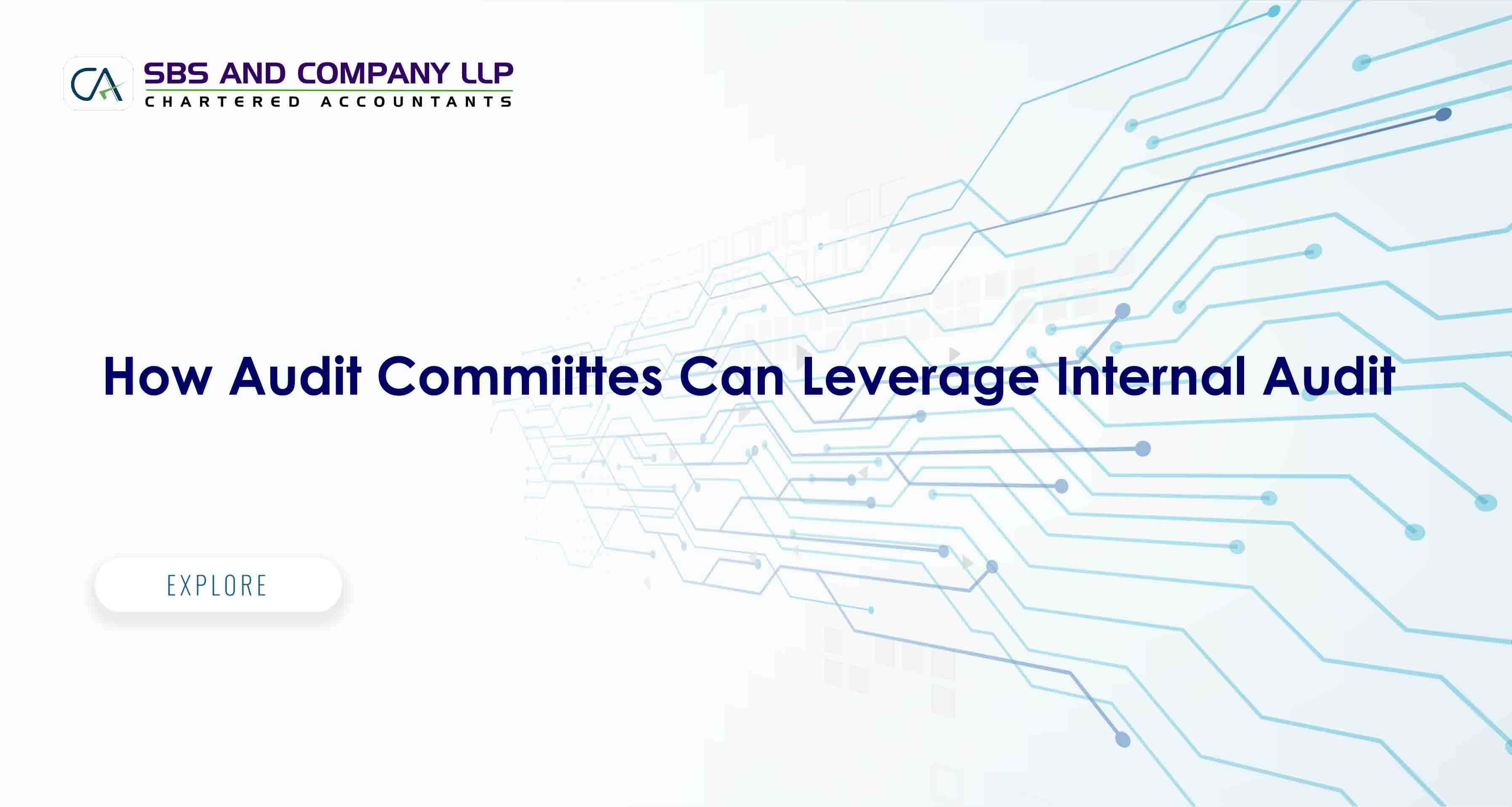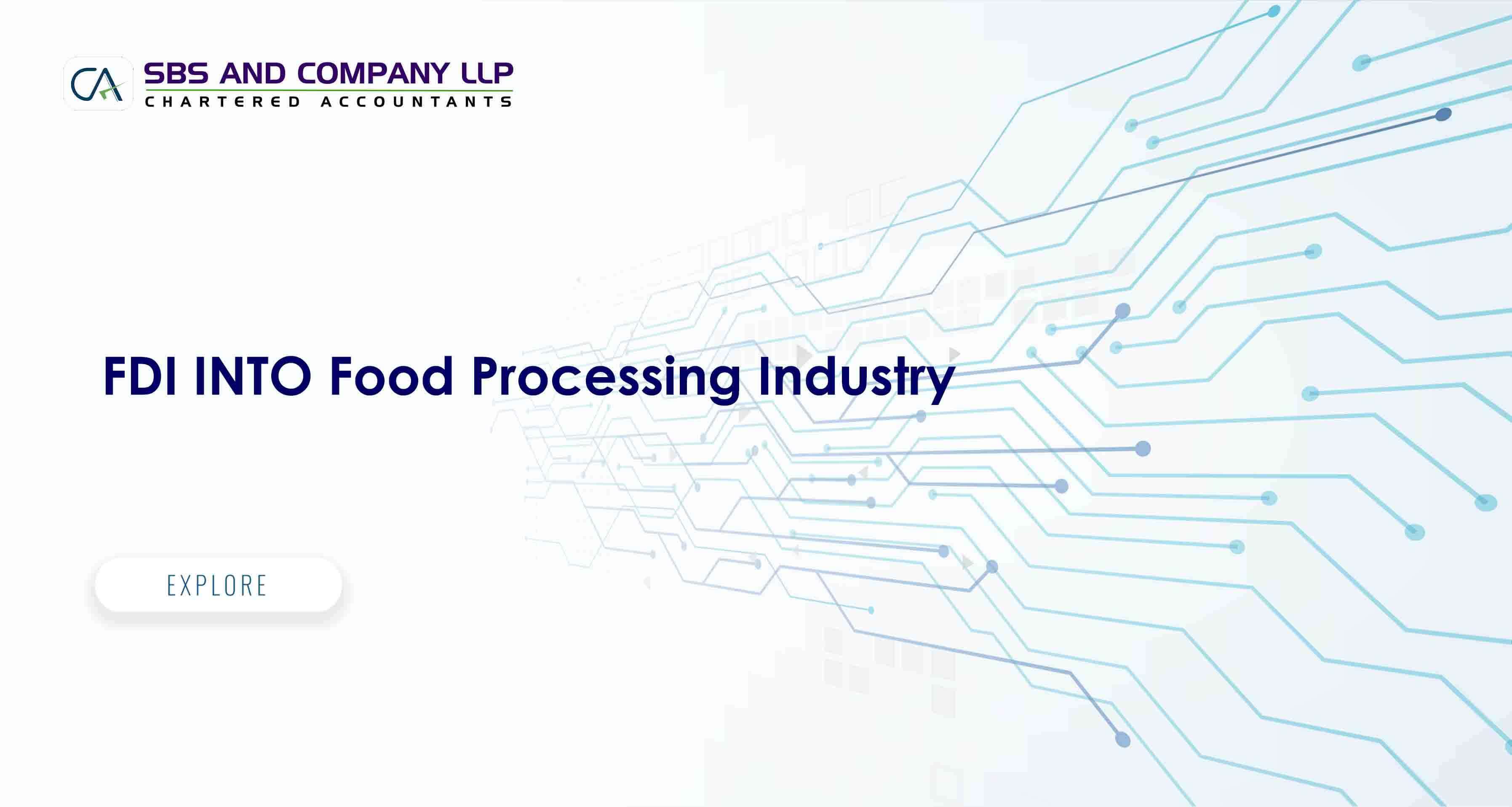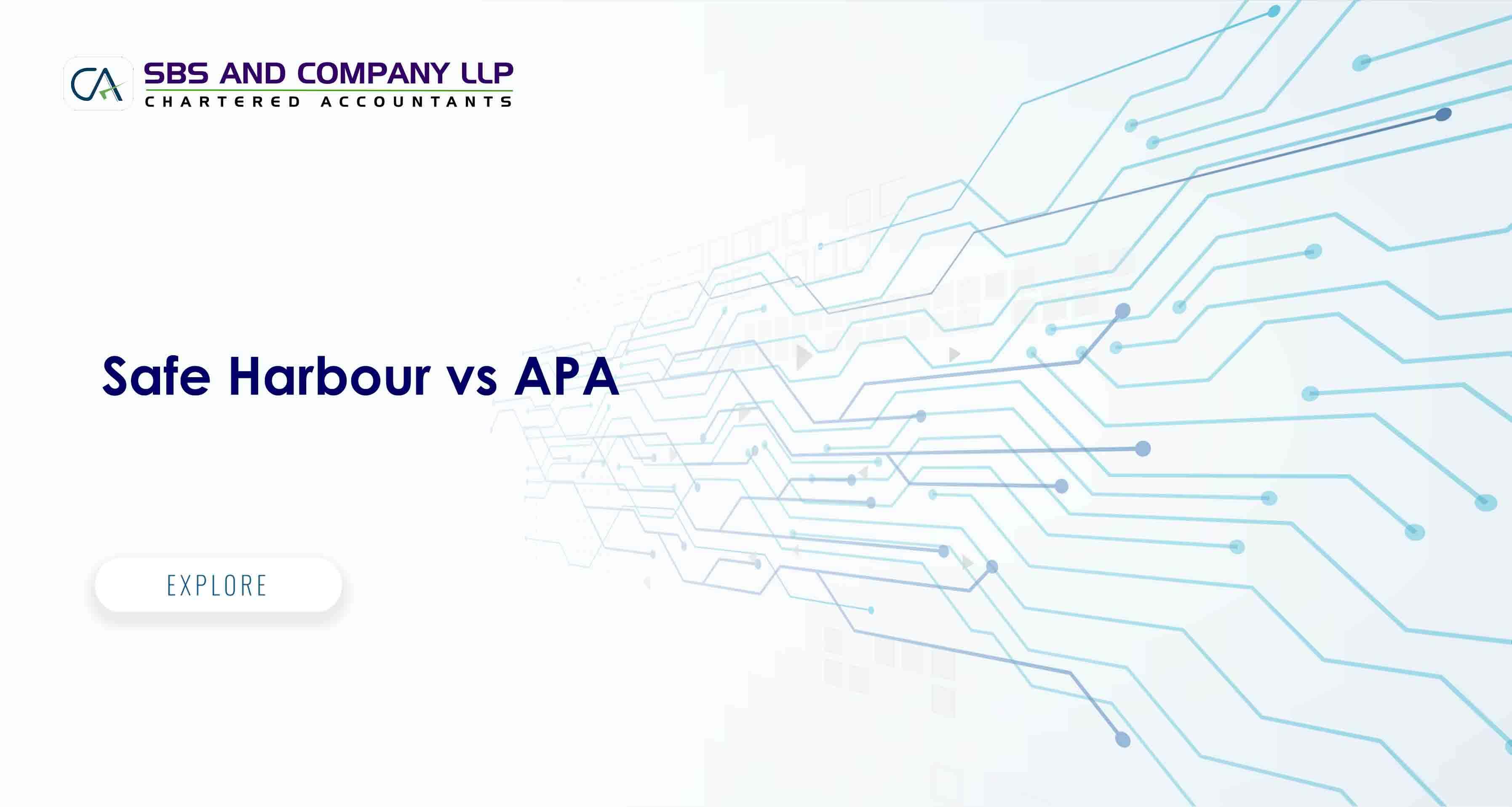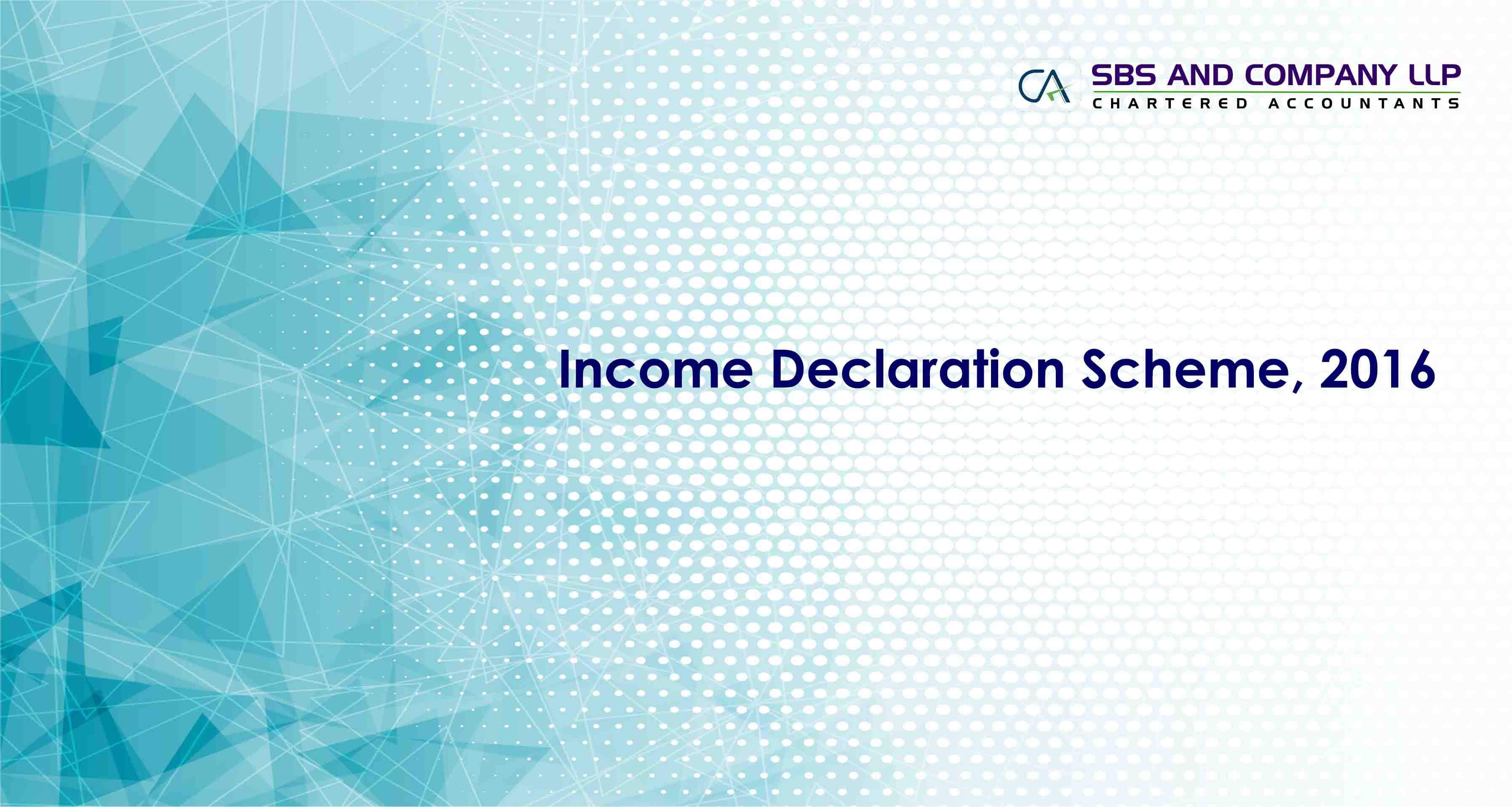FDI into Food Processing Products – various forms of business – FEMA Regulations
Food Processing Sector has been on average growing at a faster rate than agricultural sector since last three years. During the last three years ending 2014-15, it is growing at Average Annual Growth Rate (AAGR) of around 2.26% as against 1.69% in the Agriculture and 6.23% in manufacturing at 2011-12 Prices1 .
Food Processing has emerged as an important segment of the Indian Economy in terms of its contribution to GDP, employment and investment. The sector constitutes as much as 9.0% and 11.0% respectively of GDP in Manufacturing and Agricultural sector2 .
Food Processing can be viewed as different levels of processing – Primary, Secondary, and tertiary. Primary processing relates to conversion of raw agricultural produce, milk, meat and fish into a commodity that is fit for human consumption. It involves steps such as cleaning, grading, sorting, packing etc., and subsequent processes are involved for making the processed inputs into finished goods and ultimate retail trading through sales distribution channels.
Traditionally India was allowing Foreign Direct Investment (FDI) into the business of dealing with Food Products either by a manufacturer under automatic route for the products manufactured by them (Subject to MSMED regulations) or Trading of such goods via B2B e-commerce, Single Brand Retail Trading and Multi Brand Retail Trading etc., under automatic/approval route subject to various conditions
Later the concept of e-commerce has been introduced for FDI purposes and detailed regulations have been made from time to time.
Over the last two decades, rising internet and mobile phone penetration has changed the way we communicate and do business. E-commerce is relatively a novel concept. It is, at present, heavily leaning on the internet and mobile phone revolution to fundamentally alter the way businesses reach their customers.
Now India is getting ready for introduction of Goods and Service Tax law (GST), it can further fuel the growth of e-commerce
With the above background the author has made an attempt to bring the extantFEMA - Foreign Direct Investment Regulations for Food Processing Industries and/or trading in Food Products (including e-commerce)
1Source: Annual Report 2015-16 of Ministry of Food Processing Industries, GOI
2Source: Annual Report 2015-16 of Ministry of Food Processing Industries, GOI
7 | P a g e
|
SBS Wiki
|
www.sbsandco.com/wiki
|
|
Brief Background:
|
|
|
|
Before 2006
|
FDI was prohibited into Retail Business
|
|
10th February, 2006
|
FDI in cash-and-carry (wholesale) brought under automatic route.
|
|
|
Earlier, it was allowed under approval route. 51% FDI was permitted under
|
|
|
Government approval into SBRT
|
|
April, 2010
|
Cash and Carry Whole Sale Trade is permitted subject to 25% intra group
|
|
|
entities sales restriction
|
|
July, 2010
|
DIPP has issued second Discussion Paper FDI into MBRT
|
|
7th December, 2011
|
Union Cabinet Proposes 51% FDI in Multi-Brand Retail Trade
|
|
10th January, 2012
|
FDI into Single Brand Retail increased to 100% under Government route
|
|
|
subject to stipulated Conditions
|
|
14th September, 2012
|
The Government opens FDI into Multi-Brand Retail Trade (MBRT) upto 51%
|
|
|
subject to stipulated conditions
|
|
20th September, 2012
|
The Government clarifies the position that company having FDI cannot enter
|
|
|
into e-commerce in both SBRT and MBRT
|
|
January, 2014
|
DIPP Releases a discussion paper on “E-Commerce in India, highlighting pros
|
|
|
and cons of allowing FDI in the Sector”
|
|
29th March, 2016
|
DIPP has issued Press Note No. 3/2016, whereby the definition of E-
|
|
|
Commerce has been divided into Inventory based Model and Market based
|
|
|
model.
|
|
24th June, 2016
|
DIPP has issued Press Note No. 5/2016 for 100% FDI into Food Processing
|
|
|
Industries and also relaxing local sourcing norms for SBRT
|
Extant FDI Regulations for FDI into Food Processing Industries:
- Relevant Definitions:
- E-commerce- E-commerce means buying and selling of goods and services including digital products over digital & electronic network.
- E-commerce entity- E-commerce entity means a company incorporated under the Companies Act, 1956 or the Companies Act, 2013 or a foreign company covered under section 2 (42) of the Companies Act, 2013 or an office, branch or agency in India as provided in section 2(v)(iii) of FEMA 1999, owned or controlled by a person resident outside India and conducting the e-commerce business.
8 | P a g e
|
FDI into Food Processing Industry
|
SBS Wiki www.sbsandco.com/wiki
- Inventory based model of e-commerce- Inventory based model of e-commerce means an e-commerce activity where inventory of goods and services is owned by e-commerce entity and is sold to the consumers directly.
- Marketplace based model of e-commerce- Marketplace based model of e-commerce means providing of an information technology platform by an e-commerce entity on a digital & electronic network to act as a facilitator between buyer and seller.
Foreign
Investor
5
6
Manufcturer
3
1
Trader 2
4
Customer
9 | P a g e
|
FDI into Food Processing Industry
|
SBS Wiki www.sbsandco.com/wiki
Examples:
- Manufacturer selling directly to Customer via Single Brand Retail Trade or Whole Sale Trade
- Manufacturer selling directly to the customer via E-Commerce
- Manufacturer selling to Trader (B2B Commerce/ Cash and Carry whole-sale trade)
- In turn, Trader selling to Customer through either Single Brand Retail Trade or Multi Brand Retail Trade or through E-commerce
- Flow of the FDI into Manufacturing Activity
- Flow of the FDI into Trading Activity (including e-commerce), where the trader is not having any manufacturing activity
- Guidelines for Foreign Direct Investment in Food Processing sector:
- 100% FDI under Automatic route is permitted in Manufacturing of Food Products in India
- 100% FDI under Automatic route is permitted in trading by the manufacturer of its own products– Wholesale and/or retail (including through e-commerce) in respect of Food Products manufactured and/or produced in India.
- 100% FDI under Government approval route is permitted in trading (including through e-commerce) in respect of Food Products manufactured and/or produced in India.
vBasedon the above one can understand the FDI into manufacturing activity related to Food Processing Activities is freely permitted upto 100% under automatic route; and
vFDIinto MBRT/SBRT of own manufactured Food products is also under automatic route; and vFDIinto Trading of goods by the Traders (including e-commerce) is subject to approval of Central
Government and permitted upto 100%








